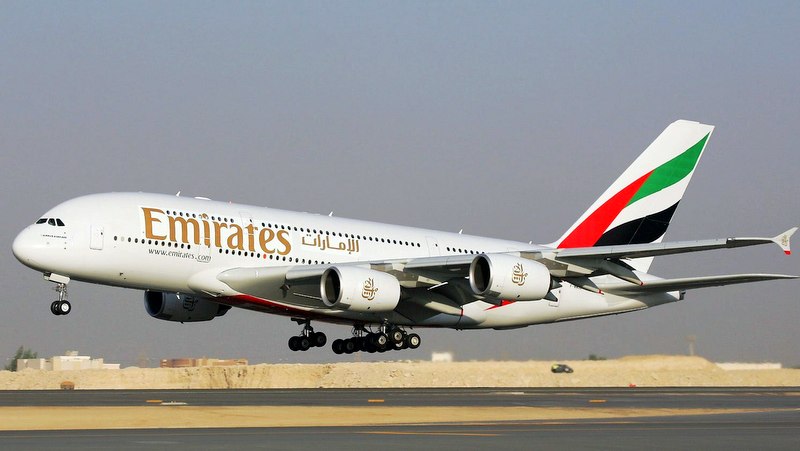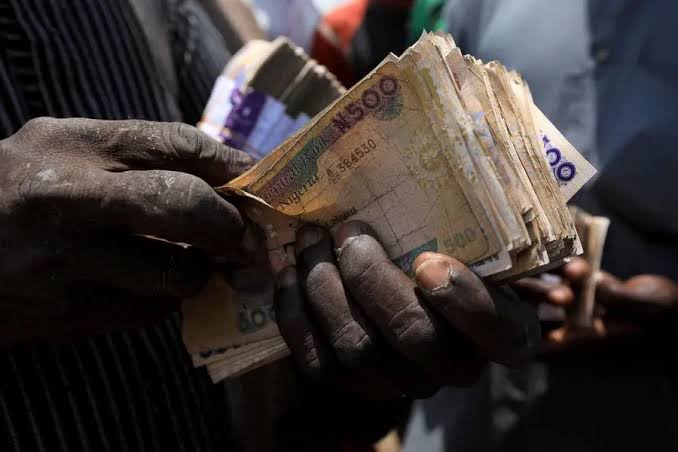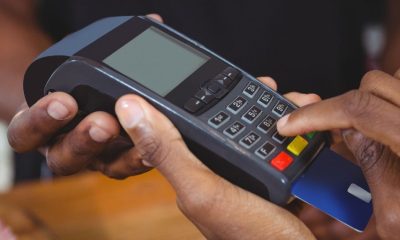Business
How to protect your business from the volatility of the naira

The latest earnings results on the NGX show that blue-chip brands that include Airtel Africa, Guinness Nigeria, Nigerian Breweries, and Cadbury Nigeria lost a significant amount of money due to FX exposures.
An abysmally wide gap has emerged between the official rate and the black-market rate (N870/$) because of a dollar shortage at the official market. In addition, the naira-dollar exchange rate recently sold off at an intraday high of N869/$1 at the counter for investors and exporters.
With the Federal Reserve announcing hawkish plans to combat inflation, it seems likely that the USD will remain volatile and the currency of choice in an uncertain FX market in Nigeria
Making the most of international opportunities means setting up your business for seamless foreign currency transfers, as well as making sure you stay smart about exchange rates and other potential fees.
As exchange rates fluctuate, you may find your costs go up and your profits go down. However, there are some things you can do to protect your business and profits.
Direct Hedging
Direct hedging is the most common simple hedging strategy.
The institution takes a long position in a currency pair while simultaneously taking a short position in that same pair.
Direct hedging is not a way of making money as it rarely generates a net profit.
However, it provides relatively effective protection against currency fluctuations, allowing companies to make bolder operating decisions knowing that there is a degree of consistency against exchange rates.
Early payment is encouraged
If you face currency fluctuations because you sell to international customers, setting up payment terms upfront is the easiest way to protect yourself.
Requiring all or part of a prepayment from a customer means eliminating or reducing the risk of exchange rate fluctuations between the time you accept the contract and the time you get paid.
If you’re concerned that customers won’t respond well to immediate payment terms, offering an early payment discount will encourage them to choose this option.
Discounts or other incentives, such as credits for future purchases, give your customers a financial reason to pay sooner.
Forward contracts
Forward contracts are one of the safest ways to protect your business against currency fluctuations.
These allow you to pre-set the exchange rate at which you will buy or sell but only pay for it at some point in the future when you really need it.
For example, imagine that you are about to purchase some $5,000 worth of goods from a supplier in the United States.
The payment terms you have agreed to state that you will pay the supplier for these supplies when you receive them, within six months.
Between the end of the deal and the actual payment for the supply, the greenback could strengthen, and you’ll end up paying more naira than expected.
However, if you buy a forward contract, you can agree to buy $ 5,000 six months from now at today’s exchange rate.
This means you are protected from paying extra.
Rolling Hedge
Companies that are frequently exposed to exchange rate fluctuations can use swaps or options to hedge against currency fluctuations.
Alternating hedging helps reduce risk by closing a hedging product that is about to expire (such as a futures or options contract) and at the same time opening a new contract, pushing back the expiration date of the original insurance product.
Bottom line
While past trends cannot accurately predict the future stability of a currency, if you have a choice between a stable currency and an unstable currency, think carefully about where you want to invest your money. High-risk strategies can certainly work, but make sure your portfolio or business can survive a negative outcome in case currencies continue to fluctuate.
Business
FAAN begins sale of e-tags at airports

The Federal Airport Authority of Nigeria (FAAN) has begun the sale of electronic tags (e-tags) at airports.
In a statement on Friday, FAAN said this initiative is in line with the presidential directive that mandates the use of e-tags for accessing the nation’s federal airports.
“Following the presidential directive that all citizens are mandated to pay for e-tags at all the 24 federal airports across the country, we wish to inform the general public that the e-tags are available for sale from Friday, 17th May, 2024 at the following locations,” FAAN said.
“Lagos: Murtala Muhammed International Airport Lagos, Terminal 1, 5th Floor) Office of HOD Commercial. Contact: 08033713796 or 08023546030.
“Abuja: Nnamdi Azikiwe International Airport, HOD Commercial Office (General Aviation Terminal) Contact: 08034633527 or 08137561615.”
FAAN said there will be an option to pay in cash at the access gates for motorists without e-tags.
On May 14, Festus Keyamo, minister of aviation, announced everyone, including the president and vice-president, would pay tolls at the nation’s airports.
Keyamo said the government was losing over 82 percent of the revenue it should have earned from the access fee.
Business
Emirates Airlines return to Nigeria October 1

Emirates Airlines has confirmed its return to operations in Nigeria starting October 1, 2024.
The airline disclosed this via its official X handle Thursday.
“We’re back, Nigeria! We’ll be resuming services to Lagos from 1 October 2024, and we can’t wait to offer unrivalled connectivity to Dubai and beyond to over 140 cities,” the tweet read.
The airline will be operating a daily service between Lagos State and Dubai, and will offer customers more choice and connectivity from Nigeria’s largest city to, and through, Dubai.
Business
Naira appreciates at official window, depreciates at parallel market

The naira depreciated to N1,550 against the dollar at the parallel section of the foreign exchange (FX) market on Wednesday.
The current FX rate signifies a decline of 1.95 percent from the N1,520/$ reported on May 13.
Currency traders, also known as street traders, in Lagos, quoted the buying rate of the local currency at N1,510/$ and the selling rate at N1,550/$ — leaving a profit margin of N40.
At the official window, the local currency appreciated by 4.21 percent against the dollar from N1,520.4/$ on May 14 to close at N1,459.02 on Wednesday.
According to FMDQ Exchange, a platform that oversees the official window, a dollar was sold as high as N1,593 and at a low rate of N1,401 during trading hours.
The daily foreign exchange market turnover was $289.14 million.
On May 14, the Economic and Financial Crimes Commission (EFCC) said foreign missions based in Nigeria use third parties to transact in foreign currencies.
Speaking during an interview, Wilson Uwujaren, EFCC’s acting director of public affairs, said the commission has a task force whose duty is to fight the abuse of the naira and discourage transactions in dollars within Nigeria — which is against the law.
-

 Entertainment1 week ago
Entertainment1 week agoTems announces release date for her debut album ‘Born In The Wild’
-

 Business1 week ago
Business1 week agoFive levies Nigerians pay for electronic transactions
-

 Entertainment1 week ago
Entertainment1 week agoPortable acquires luxury house in Lekki (Video)
-

 Religion2 days ago
Religion2 days agoAllow RCCG members attend your schools for free, Lege Miami tells pastor Adeboye
-

 Entertainment6 days ago
Entertainment6 days agoEsther Ogbu narrates how she once slept on the floor for seven days to avoid being sexually molested
-

 News1 week ago
News1 week agoLagos state government introduces electronic system for 10-minute approval of building permits
-

 Business2 days ago
Business2 days agoSMEDAN begins disbursement of N5bn loans to SMEs
-

 Entertainment1 week ago
Entertainment1 week agoIbrahim Yekini, Layi Wasabi, Tana Adelana… here are first-time AMVCA nominees


















